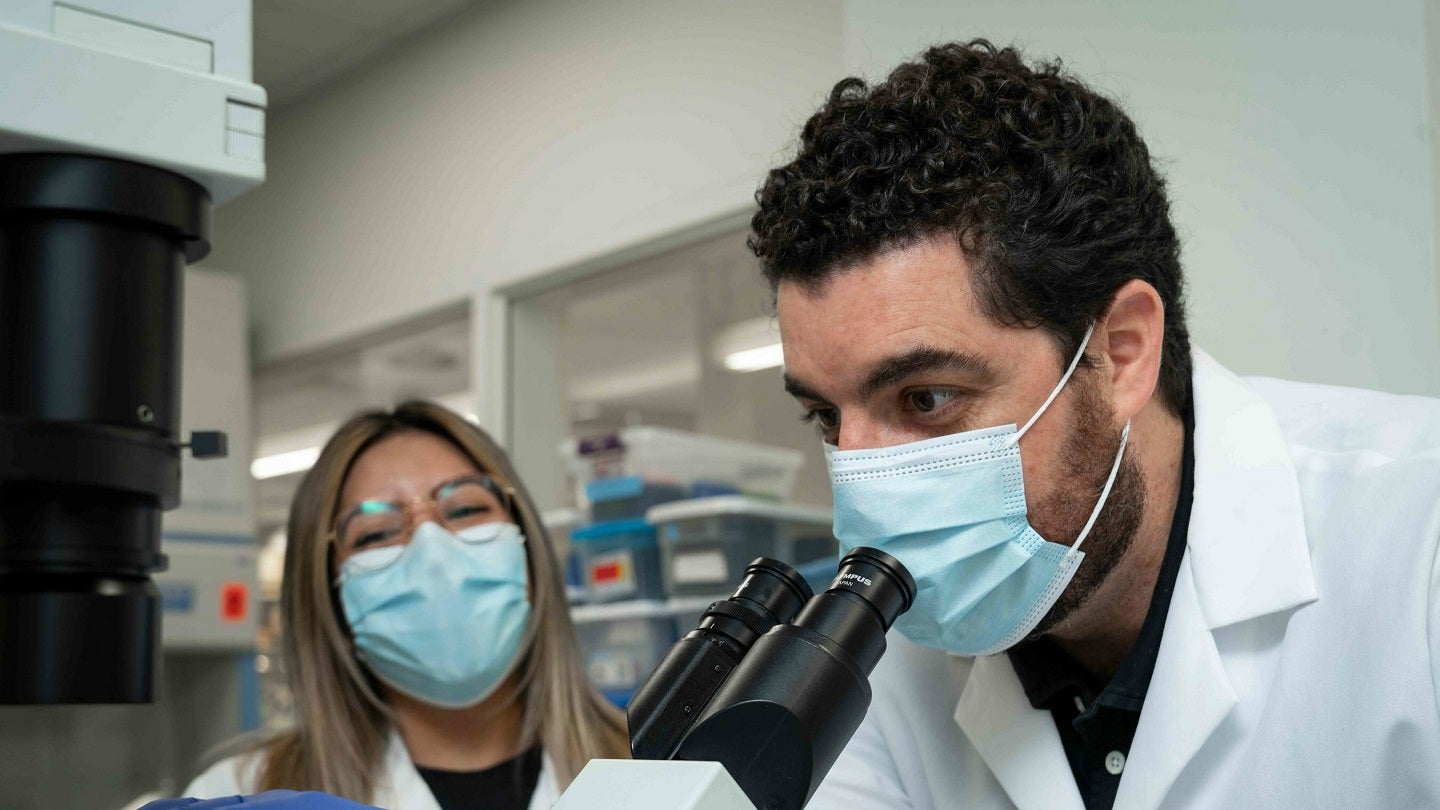

Researchers at City of Hope, one of the largest cancer research and treatment organisations in the US, are developing a chimeric antigen receptor (CAR) T cell therapy for the treatment of recurrent ovarian cancer and other solid tumours.
The therapy is currently in a first-in-human Phase I trial led by Professor Lorna Rodriguez-Rodriguez of City of Hope’s Department of Surgery, Gynecologic Oncology division.

Discover B2B Marketing That Performs
Combine business intelligence and editorial excellence to reach engaged professionals across 36 leading media platforms.
The study is enrolling patients with advanced epithelial ovarian cancer who have previously received platinum-based chemotherapy.
It is evaluating the therapy’s side effects, safety and activity.
The therapy has been found to work against ovarian cancer in the lab and in preclinical models.
The development of a CAR T cell therapy to treat solid tumours is challenging as it needs to reach the solid tumour initially, and survive in a micro-environment where cancer cells are present.

US Tariffs are shifting - will you react or anticipate?
Don’t let policy changes catch you off guard. Stay proactive with real-time data and expert analysis.
By GlobalDataThe therapy acts on the TAG72 target on the surface of ovarian cancer cells, and can remove these cells in mouse models.
The treatment also worked effectively in the lab when cytokine Interleukin-12 (IL-12) was added to the CAR T cell therapy.
IL-12 is not currently part of the Phase I study, however.
When delivered through an injection in preclinical research, CAR T cell therapy was also found to be effective in enabling CAR T cells to target cancer elsewhere in the body.
This technology will further enhance safety as well as anti-tumour activity in a range of cancer types.
Cell & Gene Therapy coverage on Pharmaceutical Technology is supported by Cytiva.
Editorial content is independently produced and follows the highest standards of journalistic integrity. Topic sponsors are not involved in the creation of editorial content.





